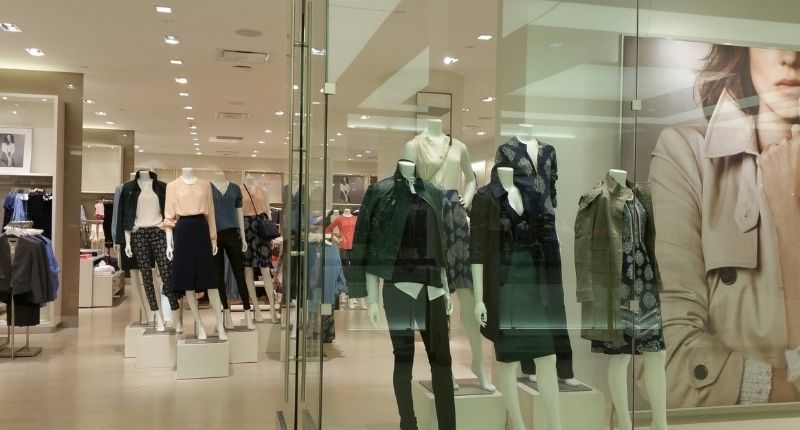- The November rise followed smaller rises in October and September
- Represents the fourth strongest monthly rise on record
- All the states and the ACT recorded record retail sales during the month
Despite Covid-induced disruption across Australia during the second half of last year, retail turnover rose in November, according to data released today by the Australian Bureau of Statistics (ABS).
The 7.3% rise in November 2021 follows rises in October (4.9%) and September (1.3%) and a 1.7% fall in August.
The ABS’s director of Quarterly Economy Wide Statics, Ben James, said the rise is the fourth-strongest monthly rise ever recorded in the series.
Retail sales are also at their highest level ever recorded – up by 5.8% compared to the previous record in November 2020.
“Further easing of COVID-19 restrictions in the South-Eastern states and territories has seen the retail industry recover all lost momentum caused by the Delta outbreak,” Mr James said. “
“Victoria recorded the largest state rise, up 20%, reaching its highest level of the series. This follows the state’s lockdown ending in late October.”
“Continued easing of COVID-19 restrictions, including less strict density and capacity limits, in New South Wales (5.1%) and the Australian Capital Territory (19.2%) led to rises in turnover to record levels.”
Except for the Northern Territory, all states and territories witnessed retail sale records during this period.
The Northern Territory saw turnover fall by 2.7% due to lockdown restrictions.
Discretionary spending strong
According to the data, five retail industries all saw rises for the second consecutive month as restrictions were eased across most jurisdictions.
Consumer demand was pent-up with the extended November sales period with record sales in clothing, footwear and personal accessory retailing (38.2%), household goods retailing (11.6%), department stores (26%) and other retailing (7.3%).
Part of the increased demand was caused by many consumers bringing forward Christmas spending plans to minimise both stock availability and delivery concerns ahead of Christmas.
Food retailing did record a 2.5% decline, which has been a post-lockdown trend. This makes the food retailing industry – which includes supermarkets and liquor stores – the only major industry to record a fall during November.
Cafes, restaurants and takeaways rose (9.3%) as households ventured out.








